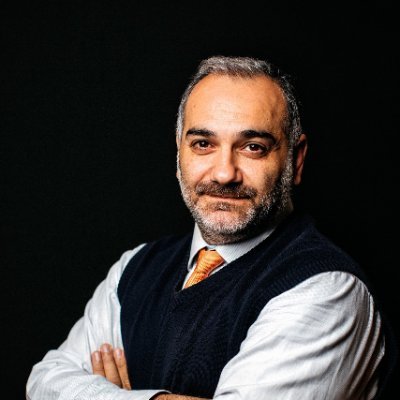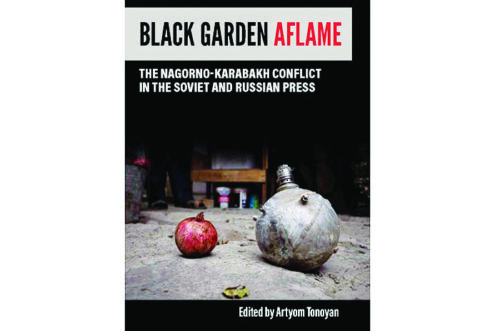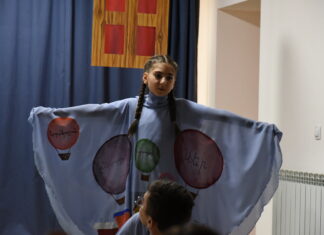WATERTOWN — The May 22 declaration by Armenian Premier Nikol Pashinyan that Armenia acknowledges Azerbaijan’s territorial integrity, including what remains of Karabakh, has the Armenian world reeling. The 30-some year quest for independence and perhaps eventual joining up with Armenia, as far as the latter’s leadership is concerned, is done for good.
But can Armenia make that decision for Artsakh, that the republic’s time is done?
One scholar who has studied the Caucasus and is the editor of a recent volume, Black Garden Aflame: The Nagorno-Karabakh Conflict in the Soviet and Russian Press, Dr. Artyom Tonoyan, Visiting Professor of Global Studies at Hamline University in St. Paul, MN, is not so sure.
He said, “Armenia has the right to recognize the moon as part of Uzbekistan, but there is a legal provision that Armenia cannot unilaterally recognize Artsakh as part of Azerbaijan.”
Instead, he said, Armenia, he said, “has the obligation to succor the aspirations of Armenians of Nagorno Karabakh.”
The enclave had been given to the Azerbaijan Soviet Socialist Republic by Stalin in 1923.









